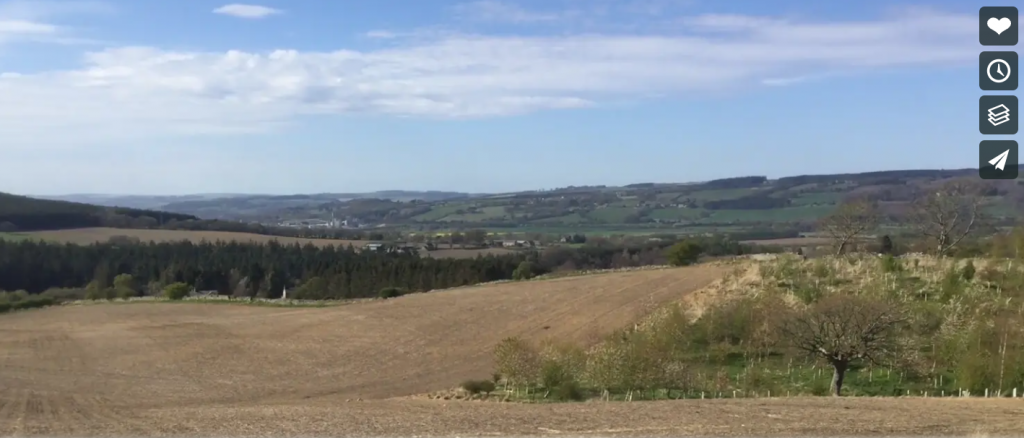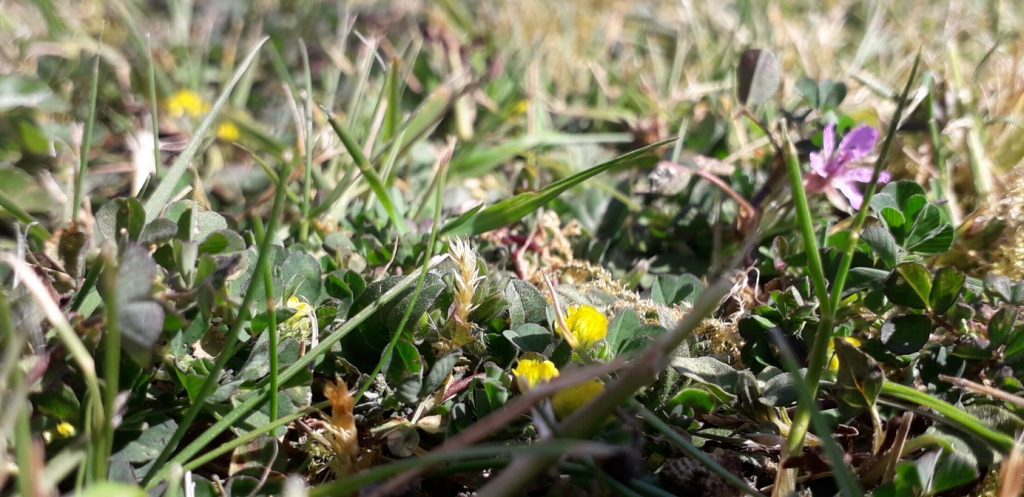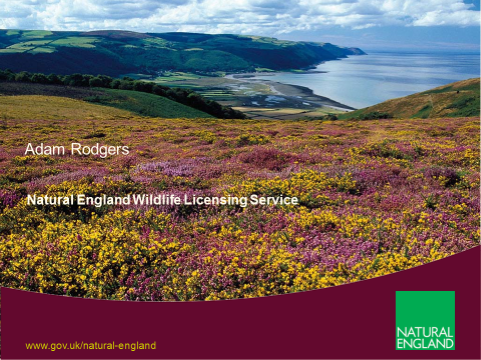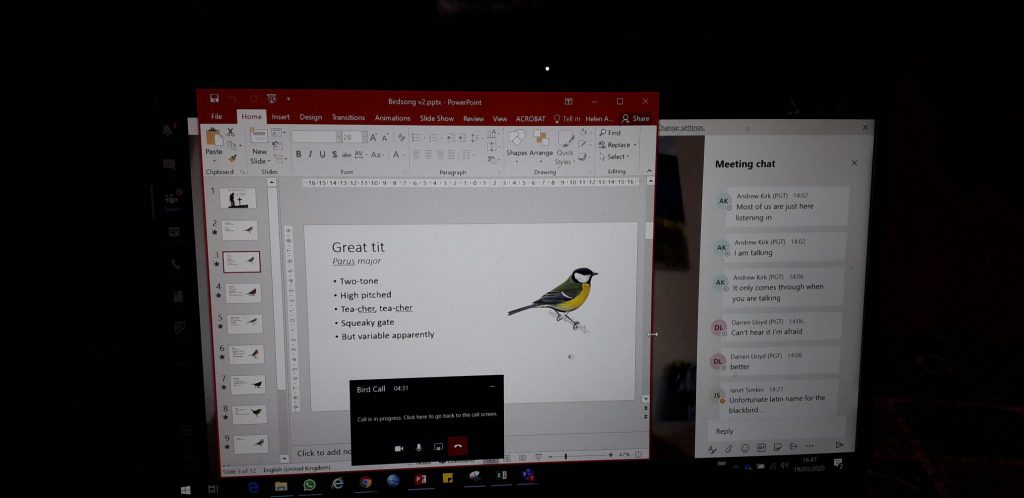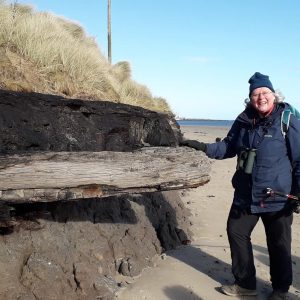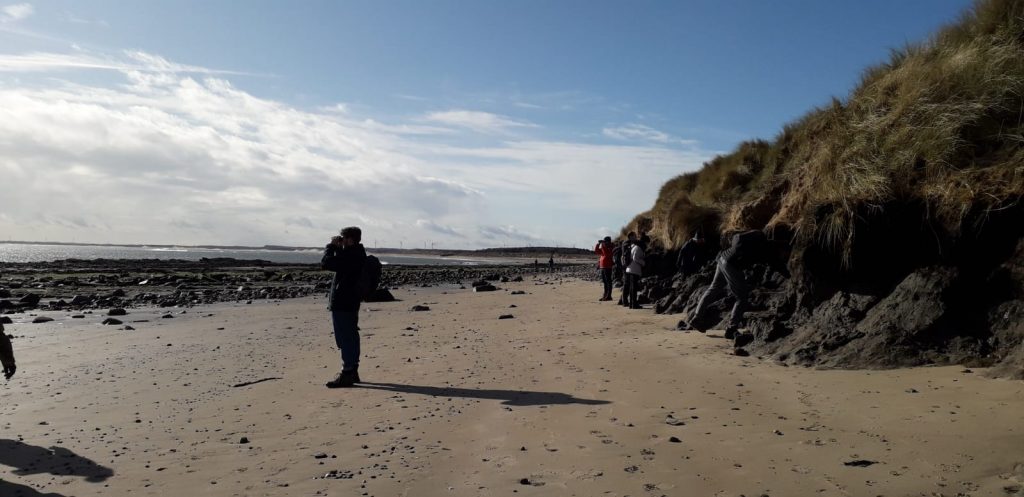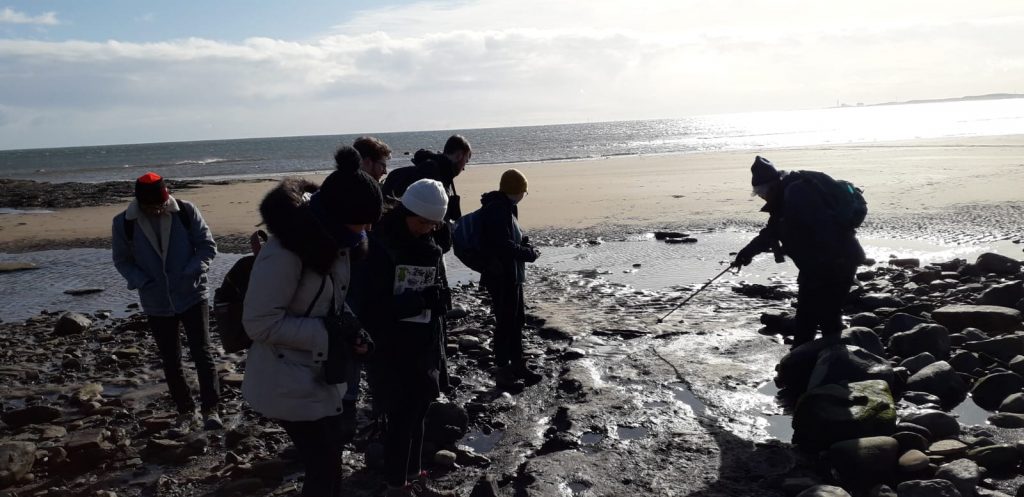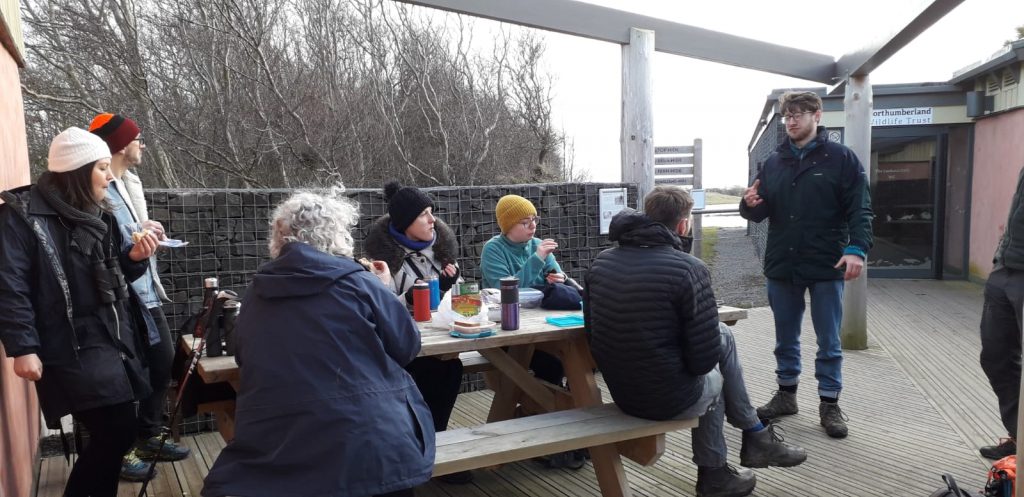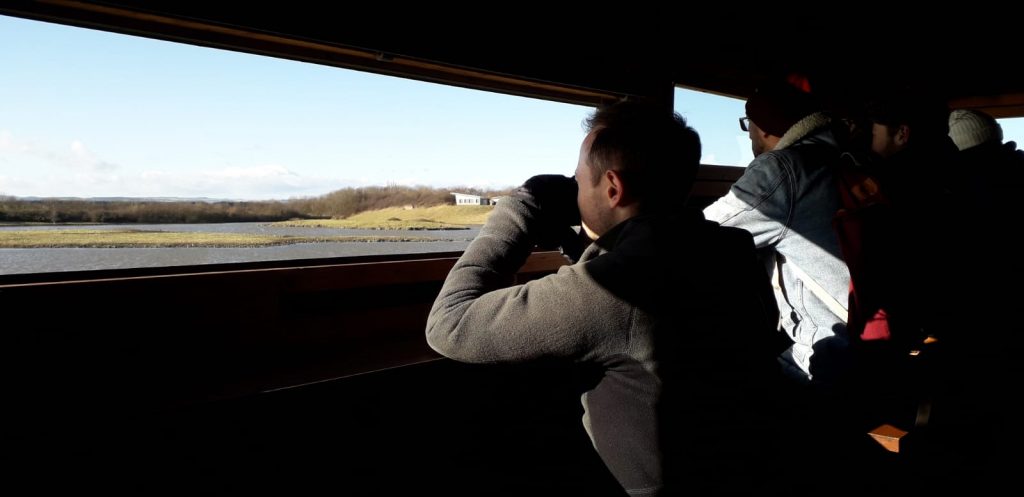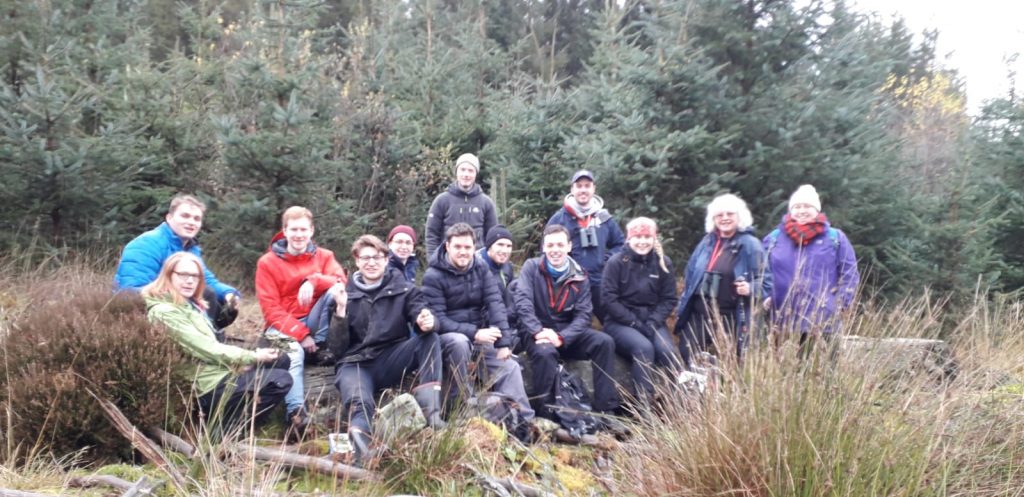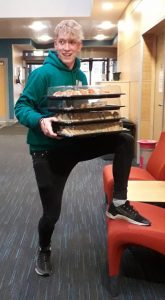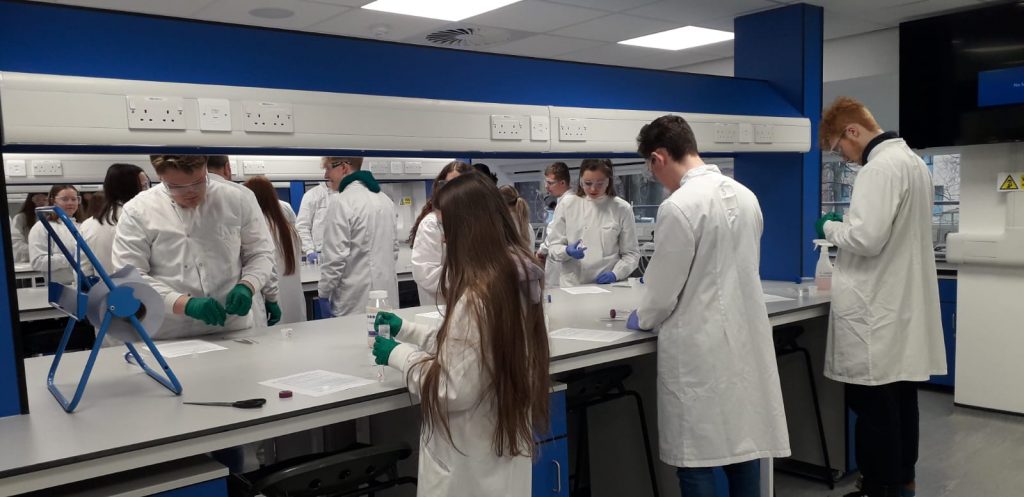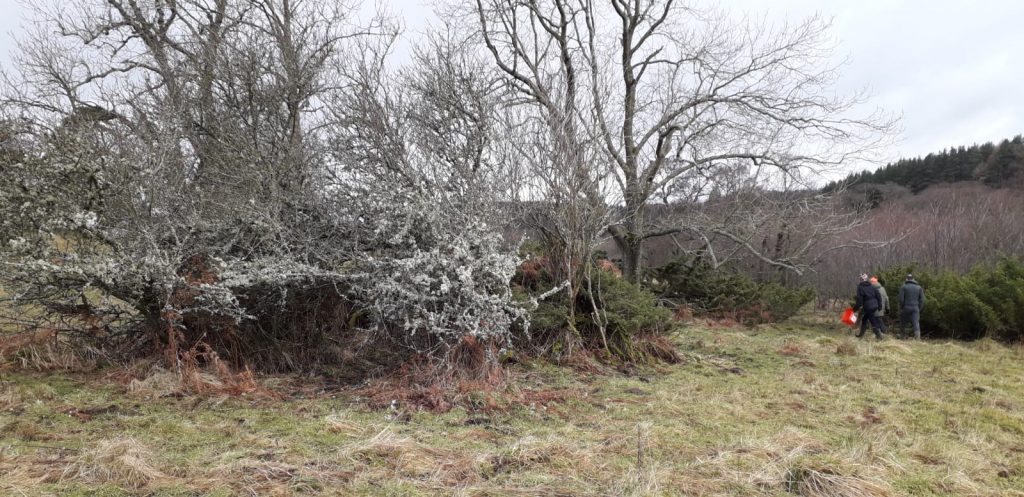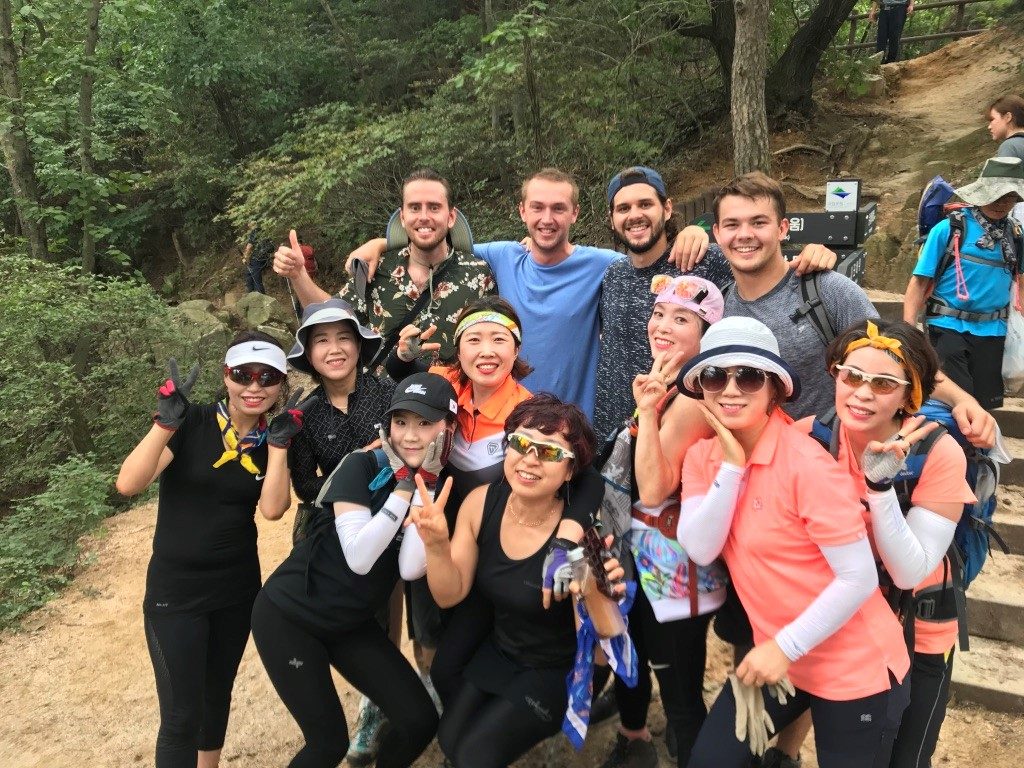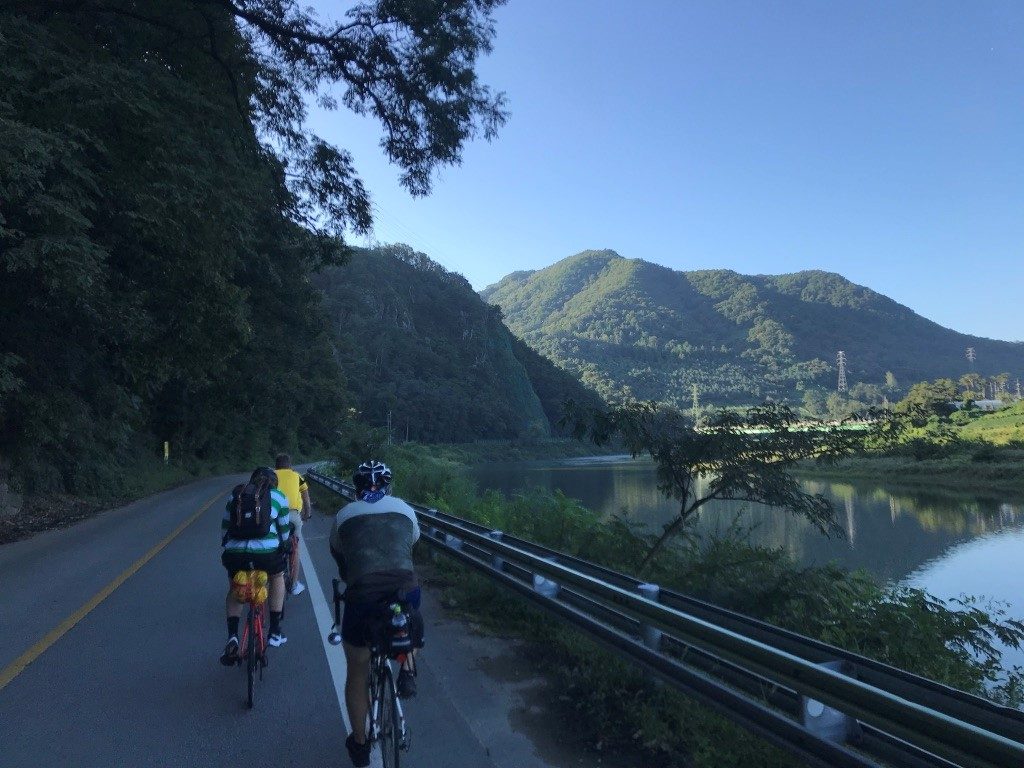One of the hats I proudly wear is Study Abroad co-ordinator for students in the Environmental, Agricultural and Social Sciences – and I have recently taken on the Biology and Marine Biology remit too. I volunteered for this because I wanted to improve the opportunities for our students to go abroad. Robbie Brett, Environmental Science student, is in the first group of students to go out since I took on the role, so I have muddled through a bit (sorry if I wasn’t sure how many credits you needed, Robbie – next year I should know better). He has shared his amazing experiences and photos and said I could share them too:
Bukhansan National Park: “The sheer number of people in Seoul can get very overwhelming and at times I would begin to miss the green open spaces of my home back in the UK. North of Seoul however there is a national park where you can go walking in the forests and mountains, climbing up to 800m. Here you can escape the crowds and enjoy incredible views over Seoul.”
Cycle from Seoul to Busan: “On the Chuseok National holiday, 4 friends and I decided to cycle the four rivers path from Seoul to Busan, covering over 600km in just four days. Despite being an incredibly tough cycle, it definitely consolidated great friendships and was a perfect way to see more of the country. After an incredibly tiring, eventful ride, we arrived in Busan with high spirits, enjoying a swim in the Sea of Japan and some much-needed food.”
Nightlife: “Seoul probably has the most varied nightlife of any city I have ever visited, with a host of options across the city on any day of the week. The main reason I chose to live in Hongdae as opposed to in university accommodation is due to the fact there are many restaurants and bars, as well as clubs, making it much more social. One of the first places my housemate took me was The Playground, a park where hundreds of internationals hang out on a Friday and Saturday night to meet other people and enjoy the incredible street performers.”
Travel: “Seoul is incredibly well located and connected, with many countries just a few hours away on flights often costing less than £100. I enjoyed a trip to Jeju island, climbing Korea’s highest mountain, swimming in the Sea of Japan and enjoying local cuisine such as black pork and abalone. Having sorted my student visa, I went to Tokyo to watch the rugby world cup final and explored a new city. For the rest of this semester I have lined up trips to Hong Kong and skiing in Korea before spending my two and a half months for Christmas holidays travelling around the Philippines and South East Asia.”
